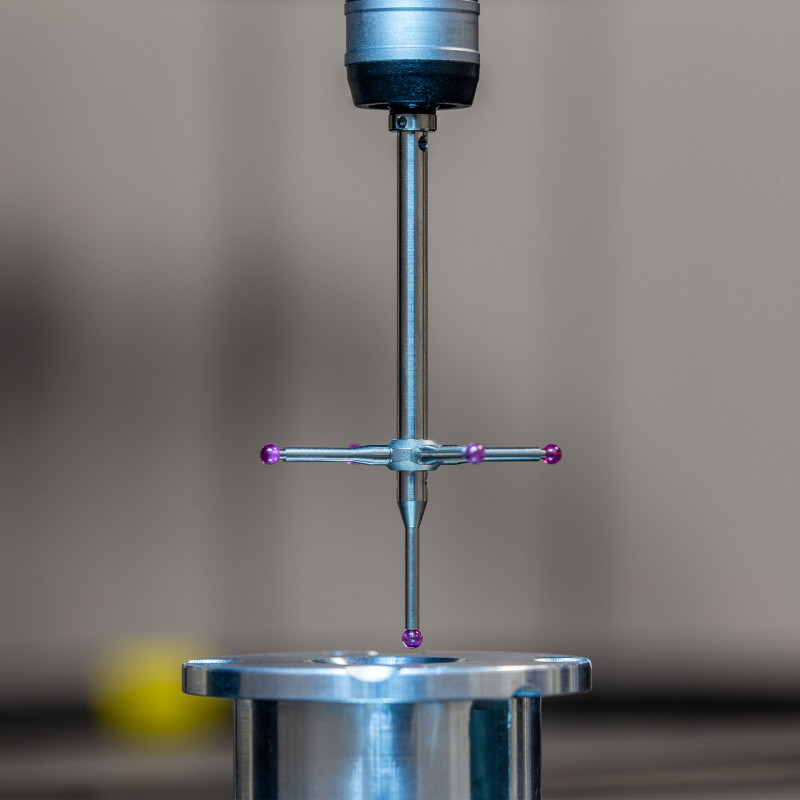Electrical Engineering

Carbon and glass fibre profiles in electrical engineering
The unique electrical engineering properties of fibre reinforced polymers make DPP profiles interesting for use in electrical engineering components. The composite profiles can be made electrically conductive by reinforcing them with carbon. But by reinforcing them with glass fibre or aramid fibre, they become electrically insulating.
Micro-pultrusion enables these components to be produced with very thin shell thicknesses and at very low tolerances. These possibilities, combined with the low weight and the good mechanical and chemical properties, make it beneficial to use DPP micro-profiles as structural parts in electrical engineering components.
